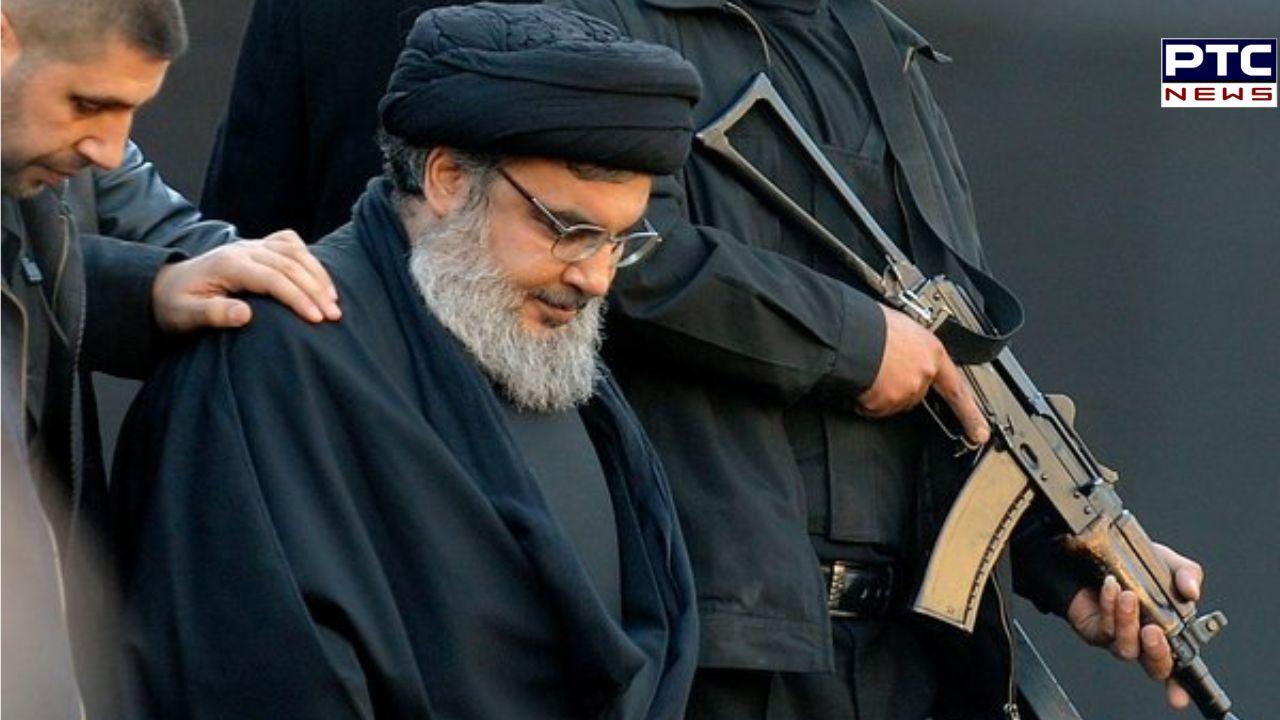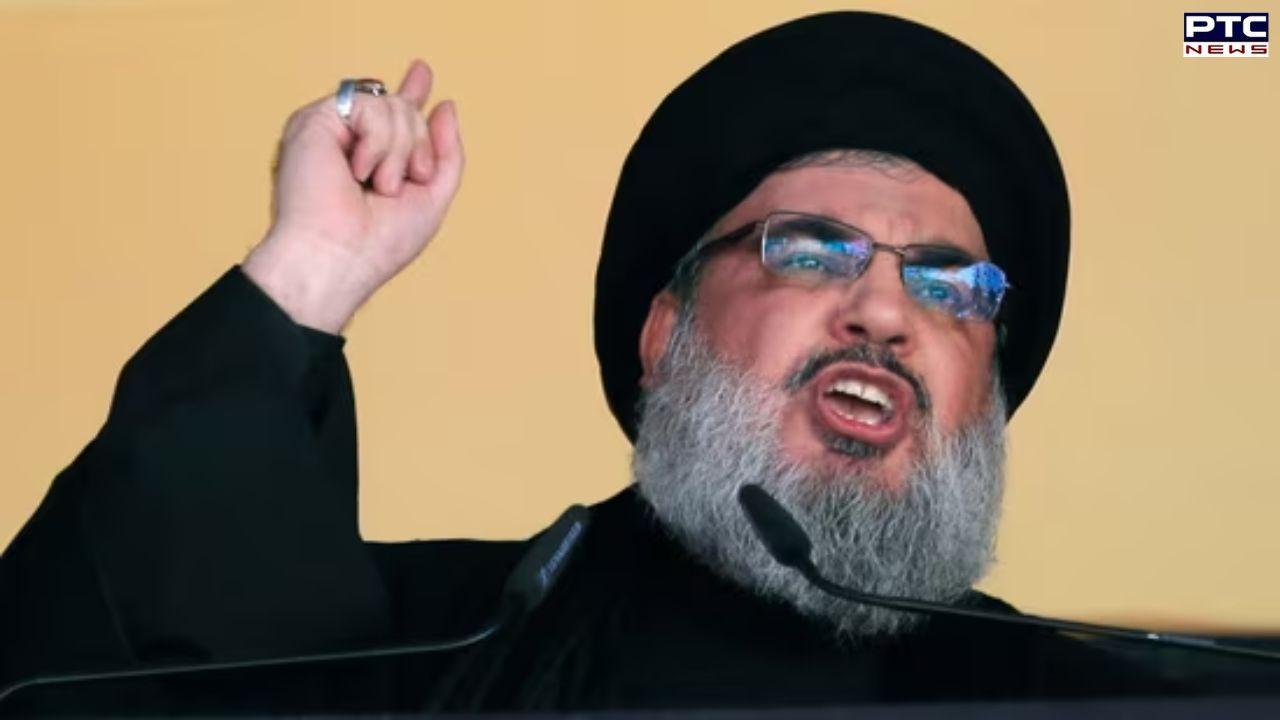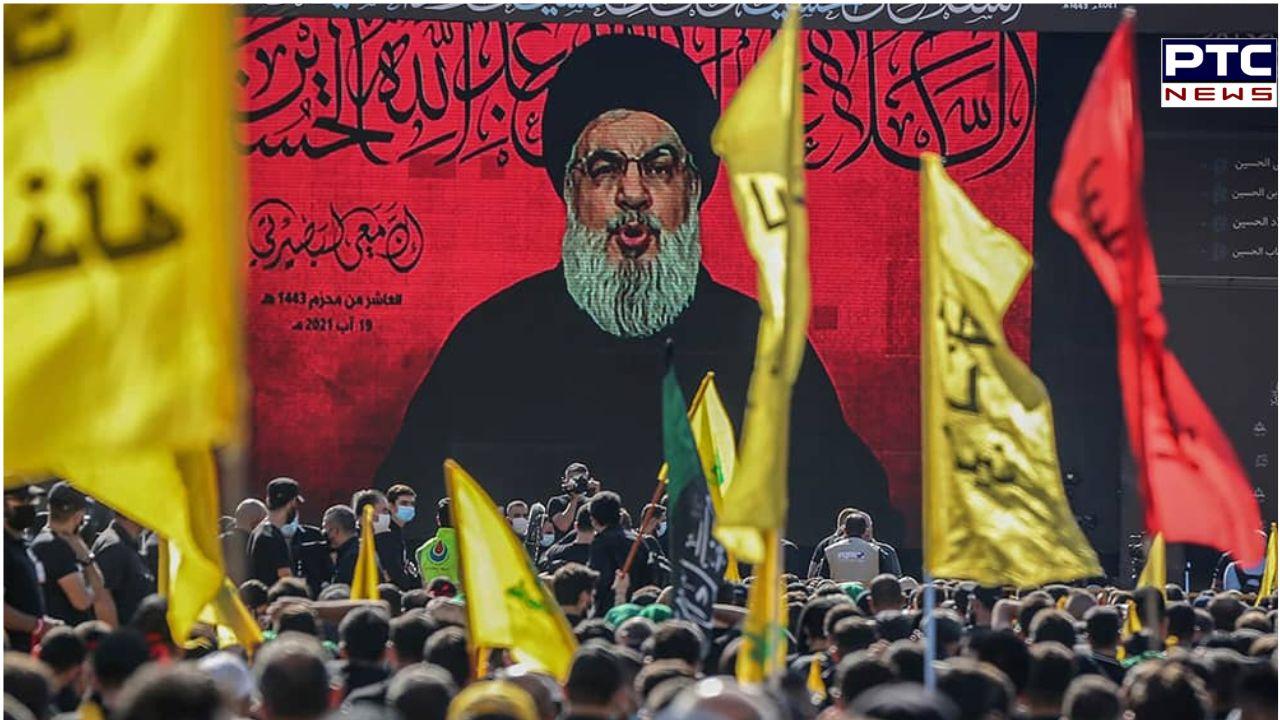

Hassan Nasrallah: The Rise and fall of Hezbollah's influential leader
PTC Web Desk: Hassan Nasrallah, a name synonymous with Hezbollah, began his journey as a 16-year-old boy in an impoverished neighborhood of Beirut. Born in 1960 to a vegetable vendor, he was one of nine siblings. His formative years were marked by a diverse cultural environment, interacting with Christian Armenians, Druse, and Palestinians. This background shaped his worldview and instilled a sense of religious duty that would guide his future.
In pursuit of religious knowledge, Hassan Nasrallah spent three years studying in seminaries in Najaf, Iraq. However, his academic journey was cut short in 1978 due to a crackdown on Shia activists by Saddam Hussein. It was during this period that he met Abbas al-Musawi, who would later become his mentor and a pivotal figure in the founding of Hezbollah.
Rise to power within Hezbollah
Hezbollah emerged in June 1982, a response to Israel’s invasion of Lebanon and the Palestinian Liberation Organisation's activities. As a young man, Nasrallah gained invaluable experience within the ranks of the Lebanese Resistance Regiments, also known as the Amal Movement. His commitment and leadership qualities caught the attention of Musawi, who recognised Nasrallah's potential.
In 1992, following Musawi's assassination in a helicopter attack, Nasrallah ascended to the leadership of Hezbollah at the age of 32. Under his command, Hezbollah evolved into a formidable organisation, surpassing its original objectives and solidifying its place within Lebanese politics. Nasrallah's strategic alliances with various sects demonstrated a pragmatic approach, allowing Hezbollah to function beyond its Shia Islamist roots.
Transforming Hezbollah
Nasrallah's leadership marked a significant transformation for Hezbollah. His vision extended beyond mere resistance against Israel; he sought to integrate Hezbollah into the fabric of Lebanese governance. Unlike conservative Islamist leaders, Nasrallah did not advocate for strict Islamic practices, such as the veil for women. Instead, he promoted a vision of equality among Muslims, Jews, and Christians in a unified Palestine.
His political acumen was evident as he navigated alliances with other sects and groups, ensuring Hezbollah's survival and relevance in the ever-changing Lebanese political landscape. He strengthened the organisation’s military capabilities, transforming Hezbollah into a powerful militia that would extend its influence beyond Lebanon, notably in Syria during the uprising against President Bashar al-Assad in 2011.

Legacy of conflict and resistance
Nasrallah's stature grew immensely due to his successful confrontations with Israel. In 2000, Hezbollah played a crucial role in ending Israel’s 30-year occupation of southern Lebanon, a milestone that solidified Nasrallah's status as a hero among many in the Arab world. The 2006 war with Israel further cemented his legacy; he famously declared a "divine victory," portraying Israel as weak despite its military prowess.
His impactful speeches resonated across the Middle East, particularly after the 2006 conflict, where he declared that Israel was "as weak as a spider's web." This rhetoric won him admiration from many Arabs who had witnessed their countries' struggles against Israeli military might.
The Phantom leader in hiding
In the years following the 2006 war, Nasrallah largely operated from the shadows, often seen only through giant screens during public speeches. Following the conflict, he retreated into a protective cocoon, residing in a secure bunker in Beirut. His occasional interviews painted a picture of a leader who remained connected to his allies while maintaining a facade of secrecy.
In a 2014 interview, he dismissed claims that he was isolated, emphasising that security measures were essential for his survival against Israel's ongoing threats.

Targeted by Israel
In recent months, however, the tides have shifted. Israeli military operations have successfully targeted and eliminated several top Hezbollah leaders, marking a significant blow to the organisation. Israel's intensified efforts culminated in a bombing raid on Hezbollah's central headquarters in Beirut on a fateful Friday night, targeting Nasrallah himself.
Reports indicated that Nasrallah was reportedly in a bunker when the attack occurred.
Married to Fatima Yassin, Nasrallah has four surviving children, and his family life has often been overshadowed by his political responsibilities.
- PTC NEWS
